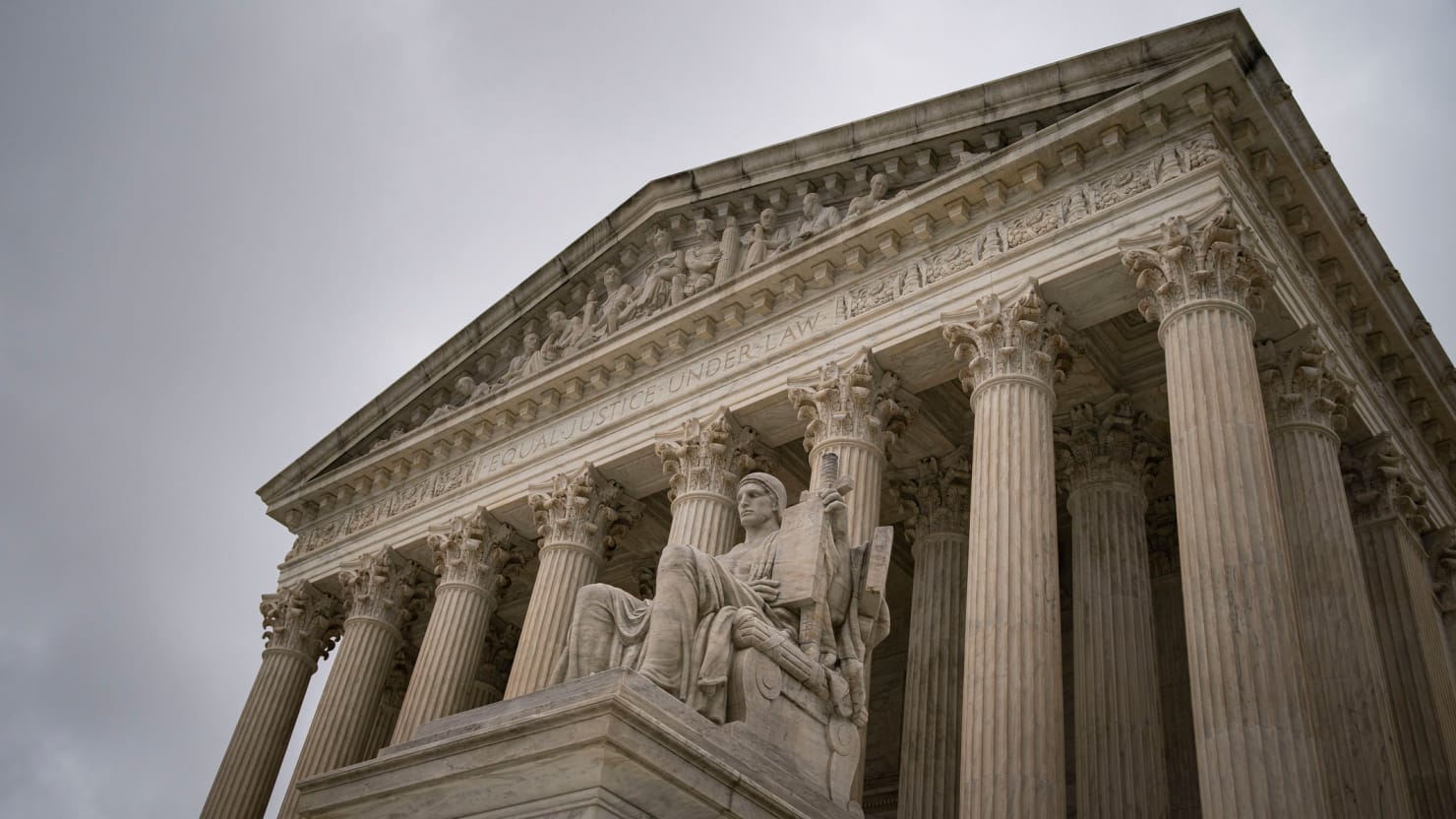Supreme Court addresses health of transgender children on new culture war front

The Supreme Court agreed Monday to consider whether a Tennessee state law banning gender reassignment surgery for minors is unconstitutional, the first time the justices have considered arguments about medical treatment for transgender children.
The Biden administration is challenging a lower court ruling that upheld the state’s ban on treatments such as hormones and surgery for children with gender dysphoria. Other Republican-led states have taken similar steps to restrict transgender access to health care.
The hearing is expected to take place during the court’s next term, which begins in October.
According to the government’s petition to the court, the law blocking medical care for transgender children violates the 14th Amendment, which requires that the law apply equally to all, in part because it “explicitly frames the ban on the basis of gender.”
At the same time, the law “leaves the same treatments completely unrestricted when prescribed for any purpose other than medical care for transgender people,” the government argued in its appeal. The plaintiffs also argued that the ban violates parents’ right to decide on their children’s health care.
Attorney General Elizabeth Prelogar argued that the Supreme Court’s intervention was “urgently needed” because Tennessee’s state law “is part of a wave of similar bans that prevent transgender youth from receiving the medical care that they, their parents and their doctors have all said they need.”
At least 20 other GOP-led states have enacted restrictions on gender reassignment surgery for children. The issue has been at the center of heated arguments over the rights of transgender Americans in recent years, and has also included other issues such as participation in sports, access to school textbooks and bathroom use policies.
Tennessee state law prohibits doctors from administering hormones and puberty blockers to “enable a minor to identify with or live with an identity that is inconsistent with his or her gender” or to treat “alleged discomfort or distress due to a discrepancy between the minor’s gender and his or her claimed identity.”
Medical providers who violate the ban face lawsuits and fines. In 2023, a federal judge blocked the Tennessee law on the grounds that it likely violated the 14th Amendment.
Later that year, the Ohio-based U.S. Court of Appeals for the Sixth Circuit overturned the lower court’s decision in a 2-1 decision.
The Biden administration asked the Supreme Court for an opinion, arguing that state bans “cause grave harm to transgender youth and their families by denying them medical treatments that the affected youth, their parents, and their physicians believe are appropriate and necessary to treat a serious medical condition.”
In April, Idaho Supreme Court justices allowed the state of Idaho to largely enforce a similar ban on gender-affirming care for minors.
The decision, which was rejected by the court’s three liberal justices, came in response to an emergency motion filed by Idaho state authorities. The ruling allowed the ban to take effect but made an exception for the two plaintiffs who had sued against it.



